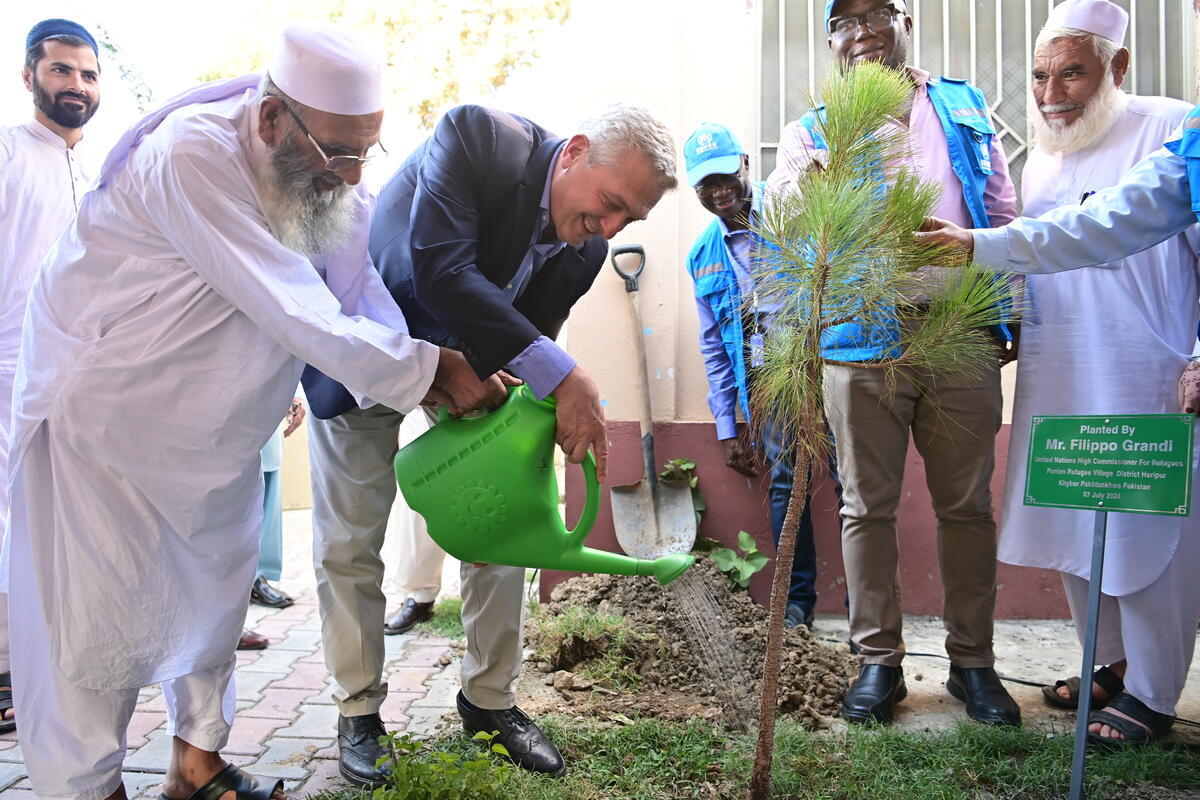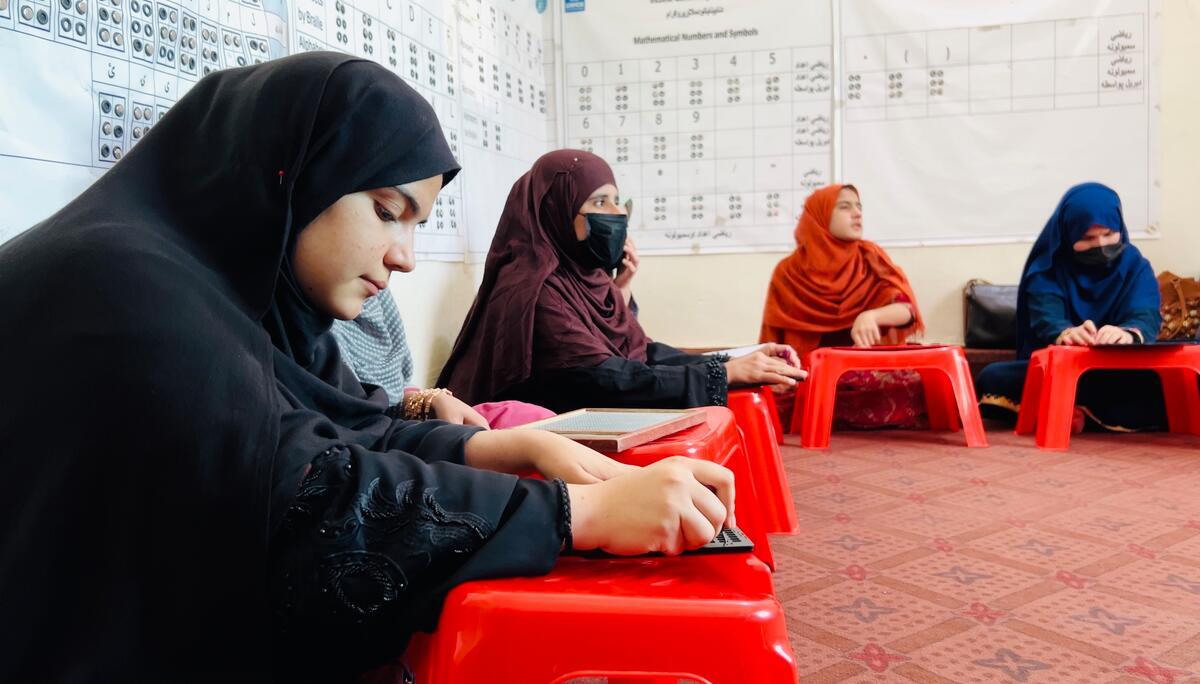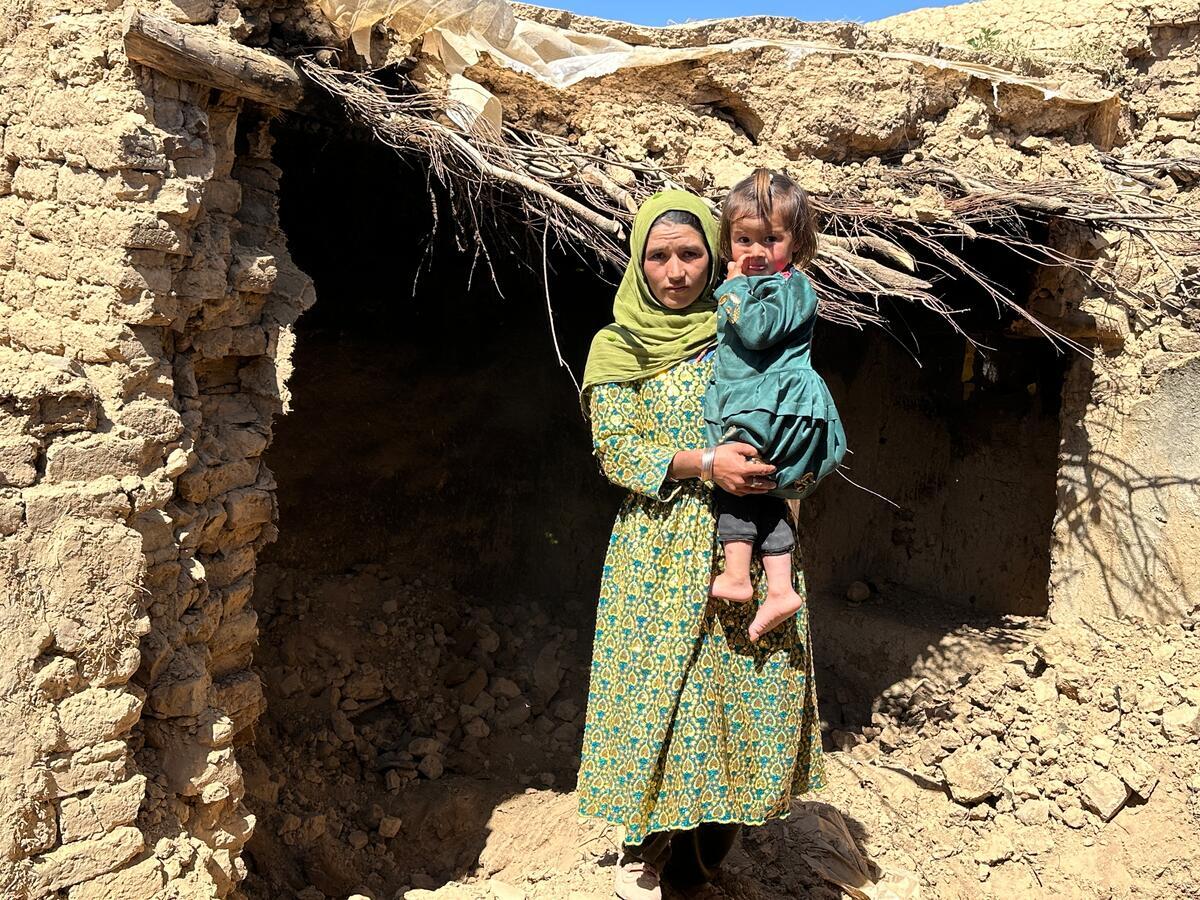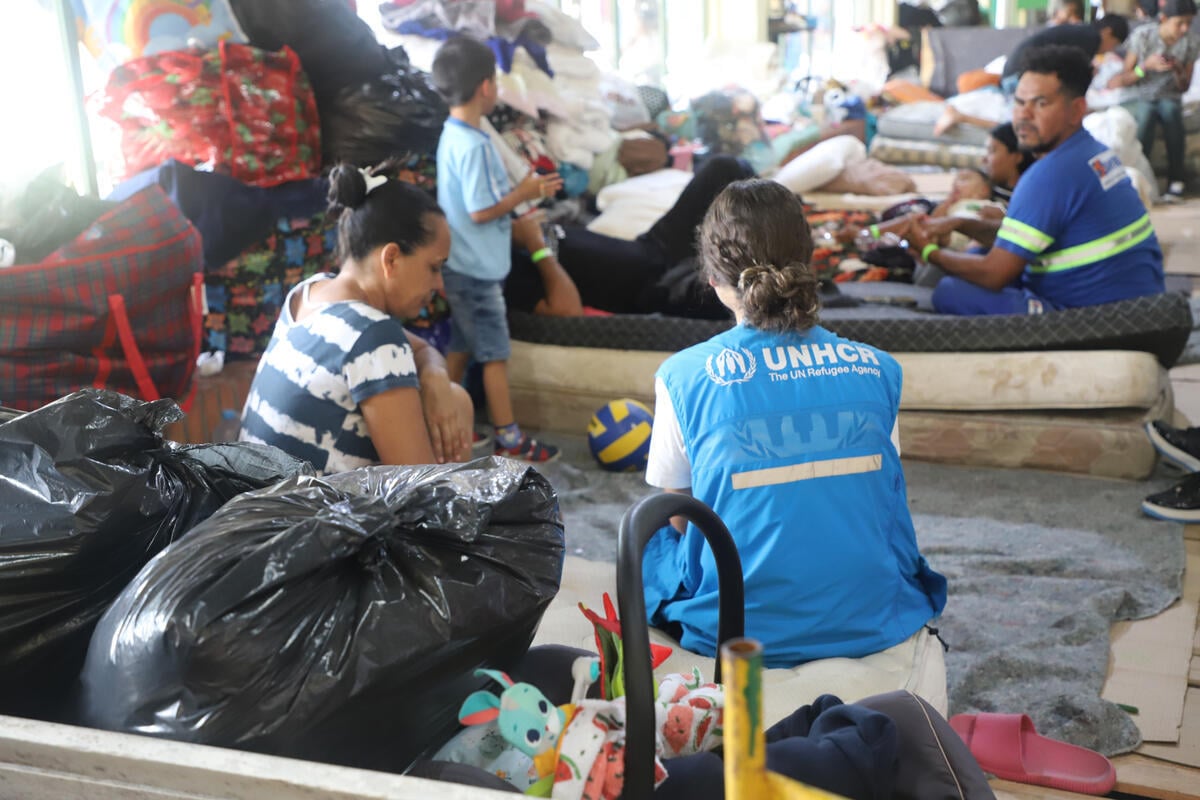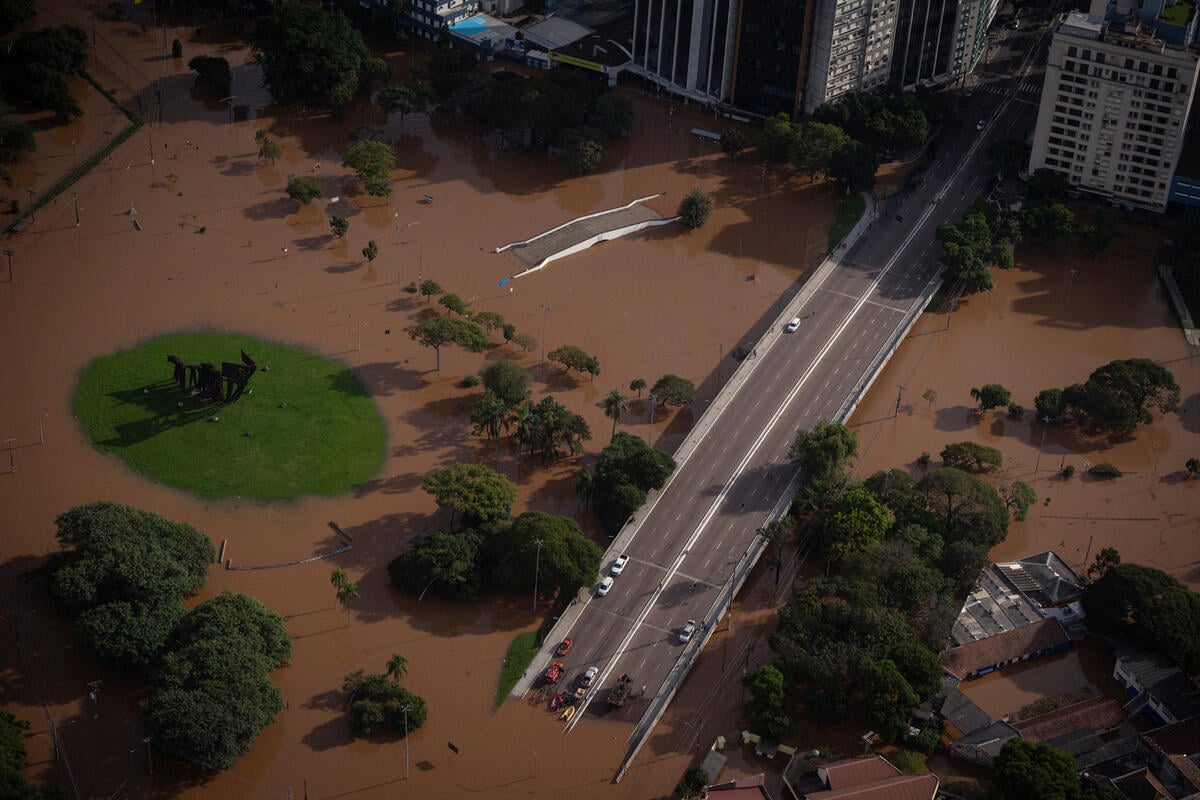Pakistan announces more Afghan camp closures
Pakistan announces more Afghan camp closures

ISLAMABAD, August 5 (UNHCR) - In a move to further consolidate the Afghan refugee population in Pakistan, the government in Islamabad has announced its decision to close all camps in the Federally Administered Tribal Areas and to move Afghan refugees now scattered in and around the capital.
On Thursday, the Pakistani government informed Afghans in the Federally Administered Tribal Areas (FATA) bordering Afghanistan that all remaining refugee camps in Bajaur and Kurram Agencies, home to over 105,000 refugees, will be closed on August 31. The refugees will be offered a choice of voluntary repatriation to Afghanistan or relocation within Pakistan.
The announcement is based on a decision by the government last year to close these refugee camps due to security concerns. UNHCR supports the decision as the FATA area has been the scene of continuing clashes between the Pakistani army and rebel tribesmen linked to fighting in Afghanistan. The insecurity has made it impossible to assist the refugees properly.
Camps in South Waziristan were closed last year and camps in North Waziristan closed at the end of June this year. In Balochistan province, Jungle Pir Alizai camp closed in July while Girdi Jungle camp will vacated by August 31.
Meanwhile, more than 60,000 Afghan refugees around Pakistan's capital, Islamabad, are also set to move. On Tuesday, the Pakistani government announced that Afghans living in Islamabad and neighbouring Rawalpindi, often in squatters' settlements, will be transferred away from these locations. This decision was made more than a year ago, but the Afghan government and elders from the Afghan communities had asked for the move to be postponed.
UNHCR understands the need for the transfer but has asked that the Afghans be given enough time to opt for either voluntary return to Afghanistan or relocation to a camp of their choice in Pakistan. The refugee agency will facilitate the return of those who choose voluntary repatriation, but relocation will have to be done at the expense of the government. The refugees can also make their own arrangements.
This is not the first time Pakistan is consolidating the Afghan refugee population. In 2004, the government closed all the camps that were established to house the influx of refugees who fled the 2001 war that unseated the Taliban regime in Kabul. The camp closures went ahead smoothly, with most of the refugees choosing to voluntarily repatriate to Afghanistan.
The camps now being closed were established early in the refugee crisis that was triggered by the 1979 Soviet invasion of Afghanistan.
The camp closures reflect an ongoing policy of consolidation as Afghans continue to repatriate and is part of the normal voluntary return process. More than 217,000 Afghans have returned home from Pakistan this year under the UNHCR voluntary repatriation programme, bringing the total since the start of the operation in 2002 to more than 2.5 million.

